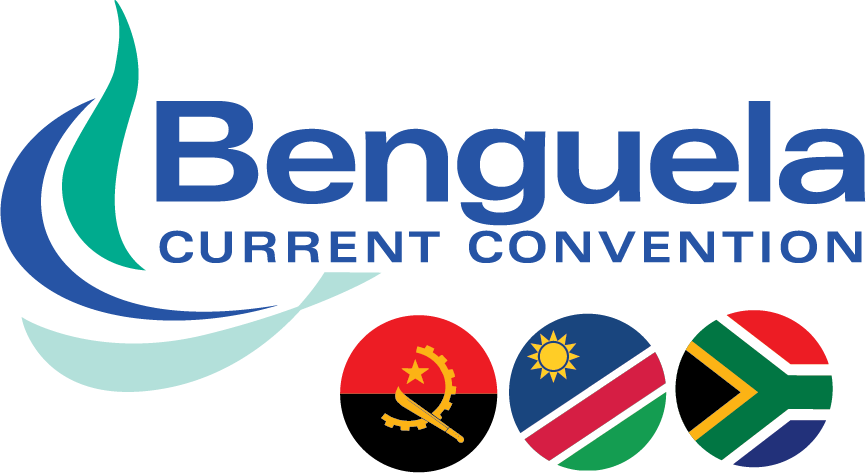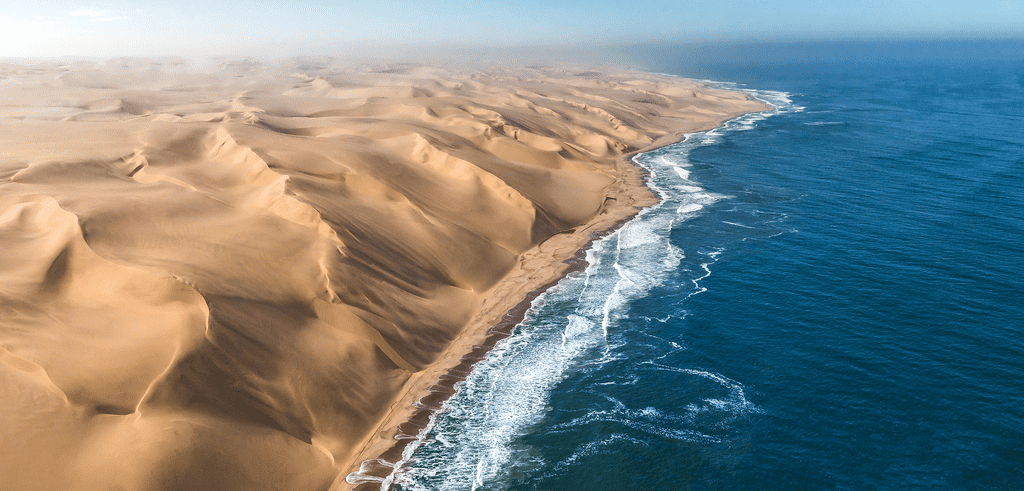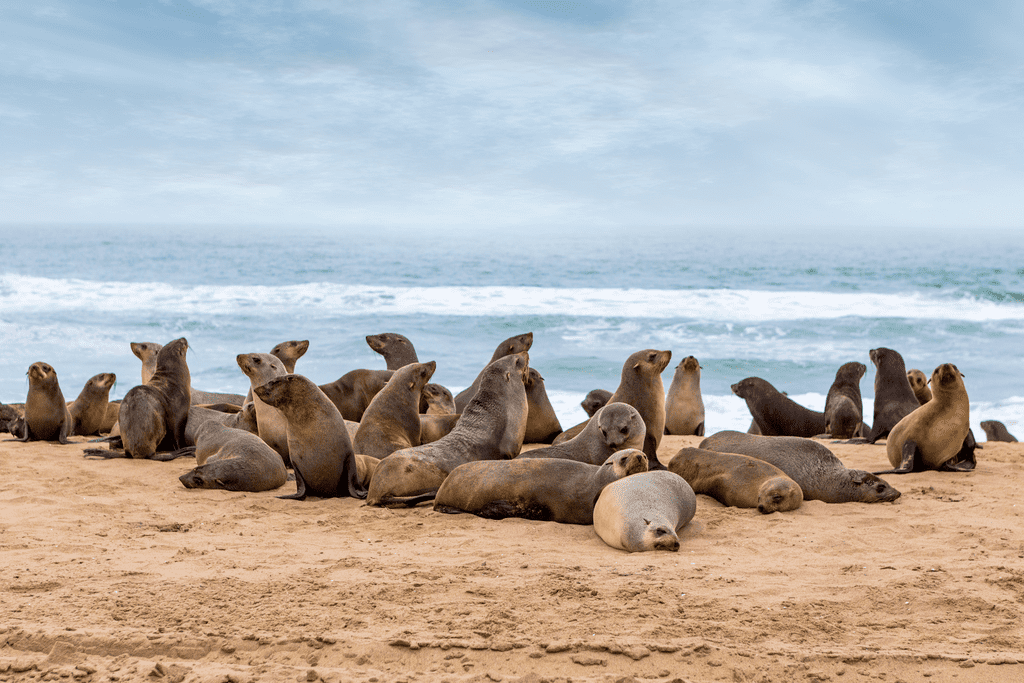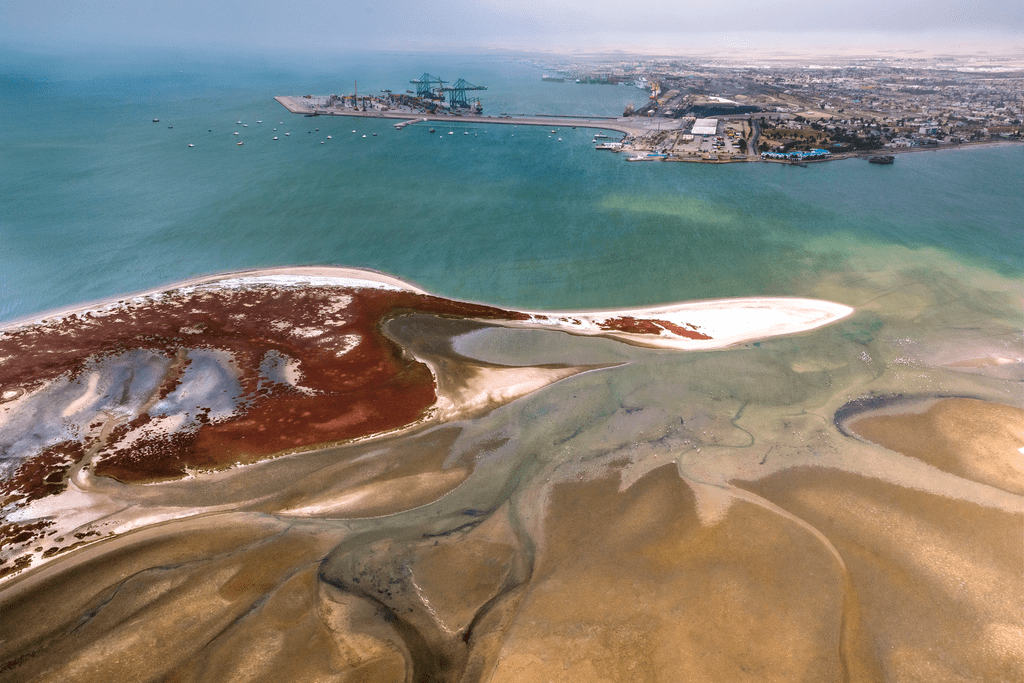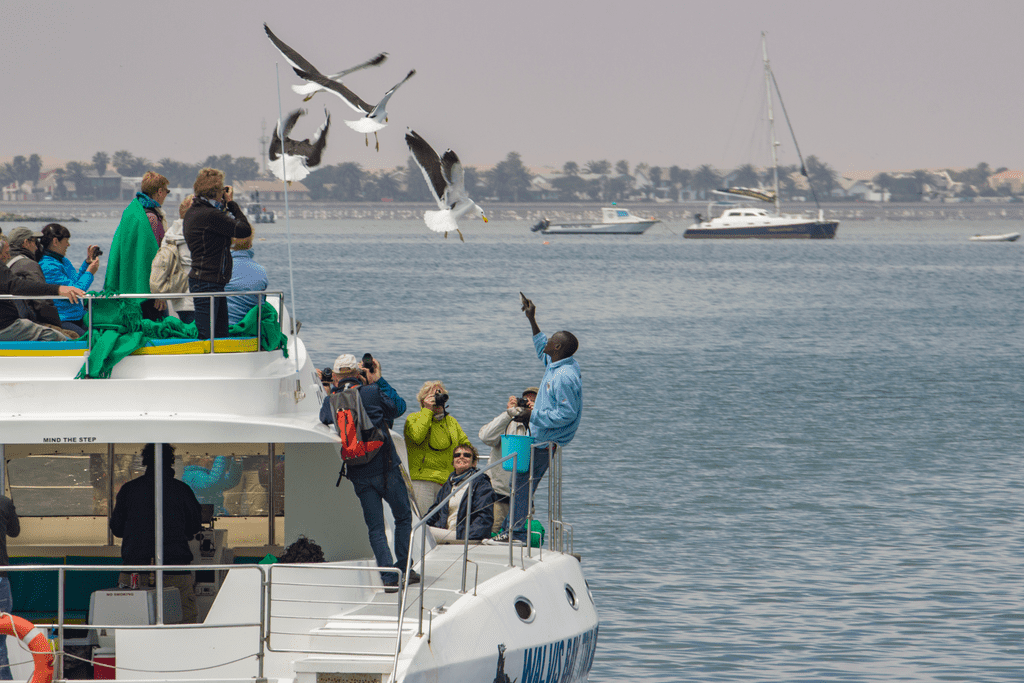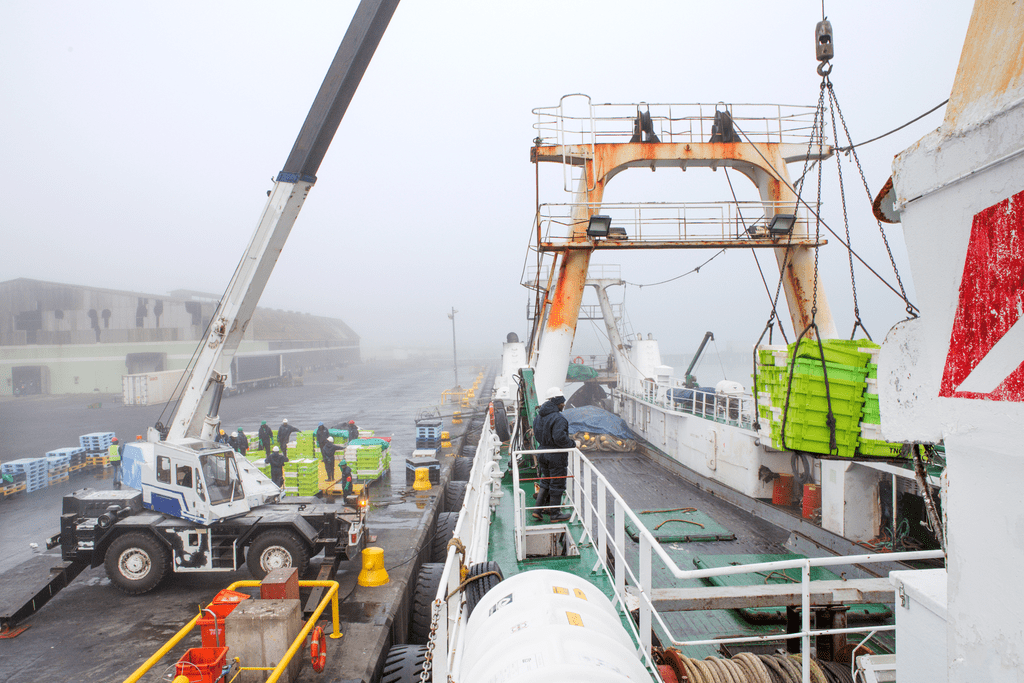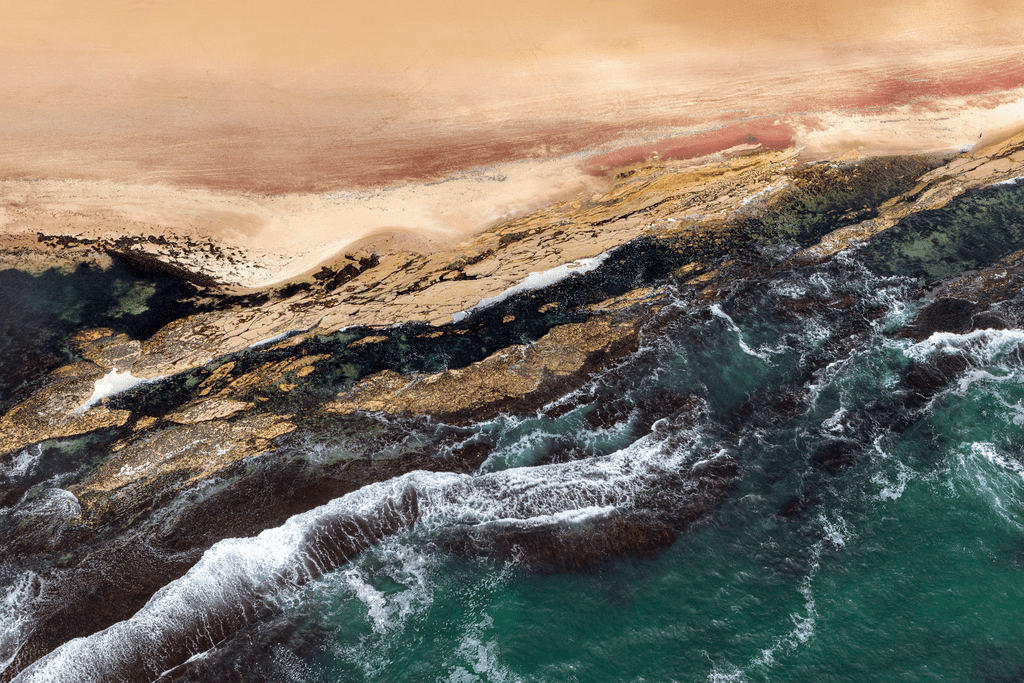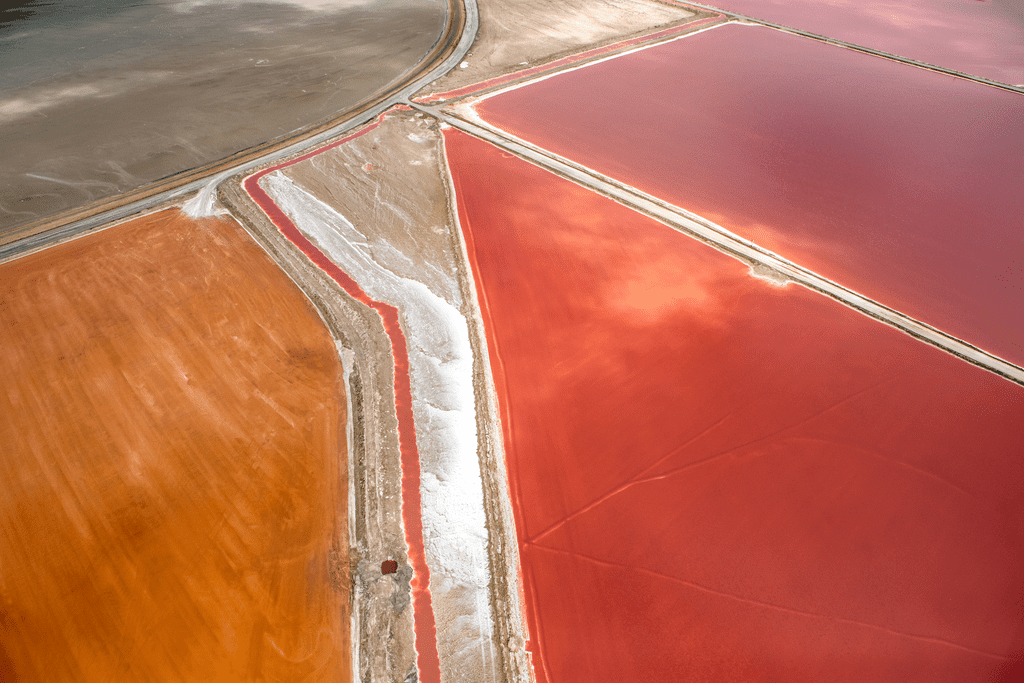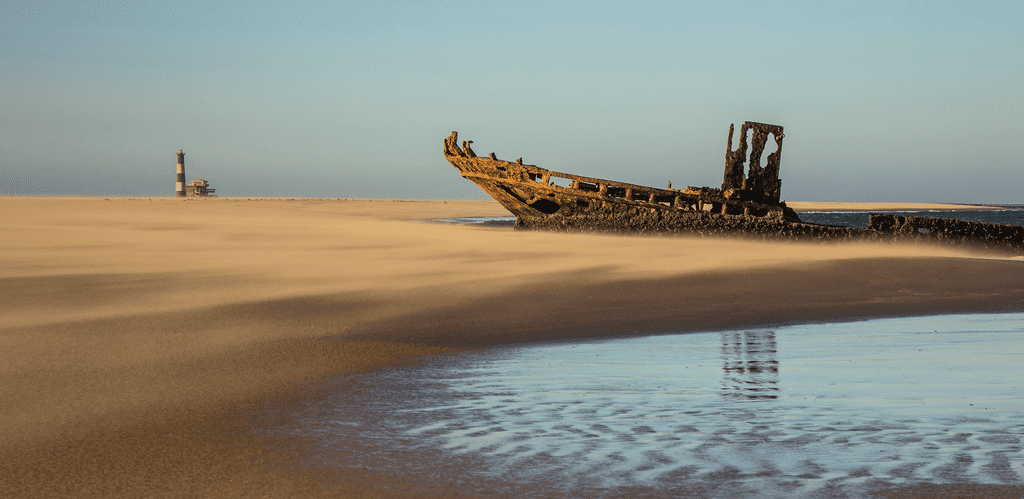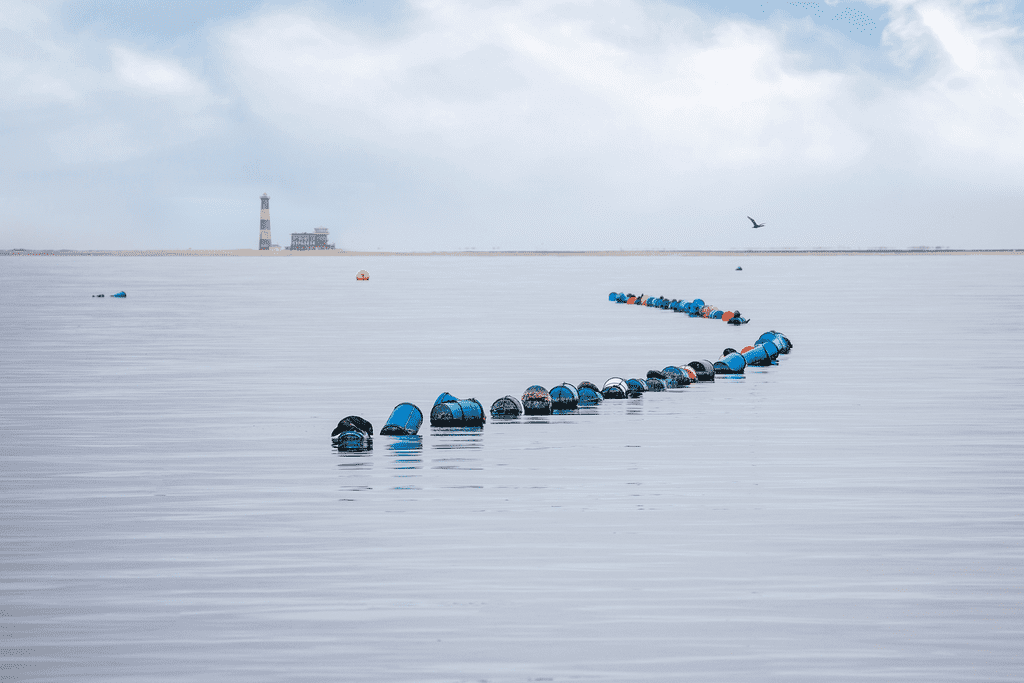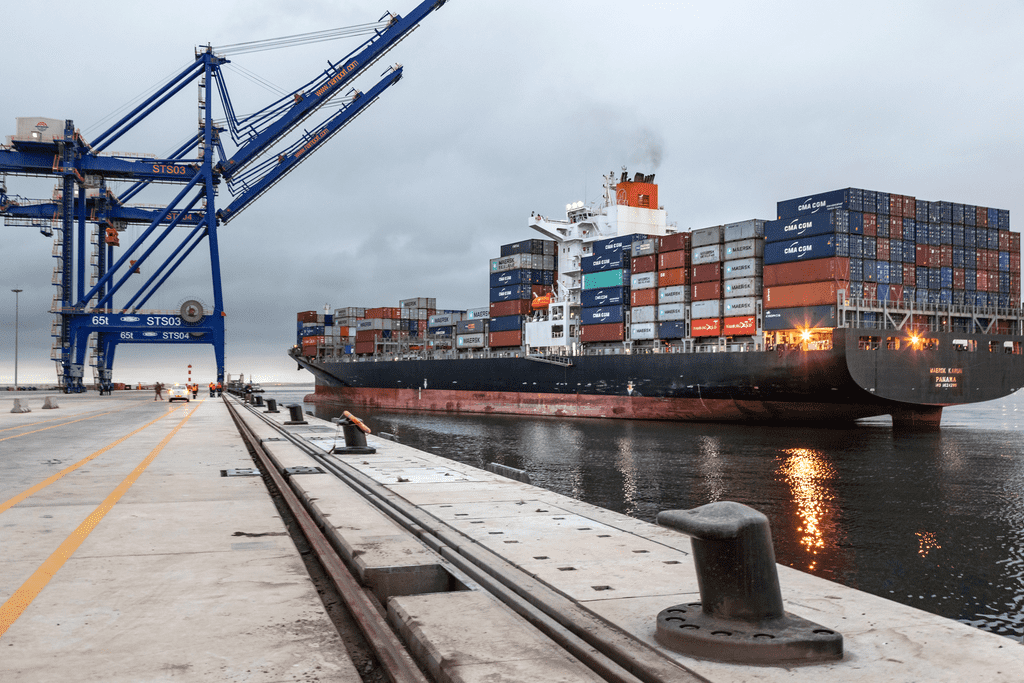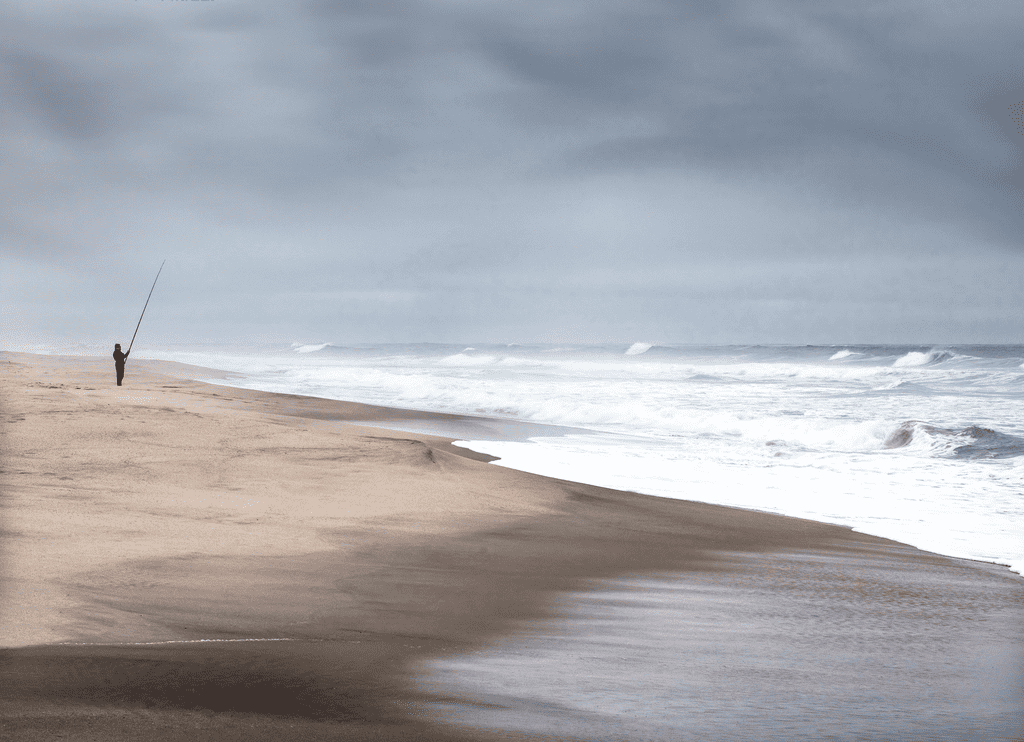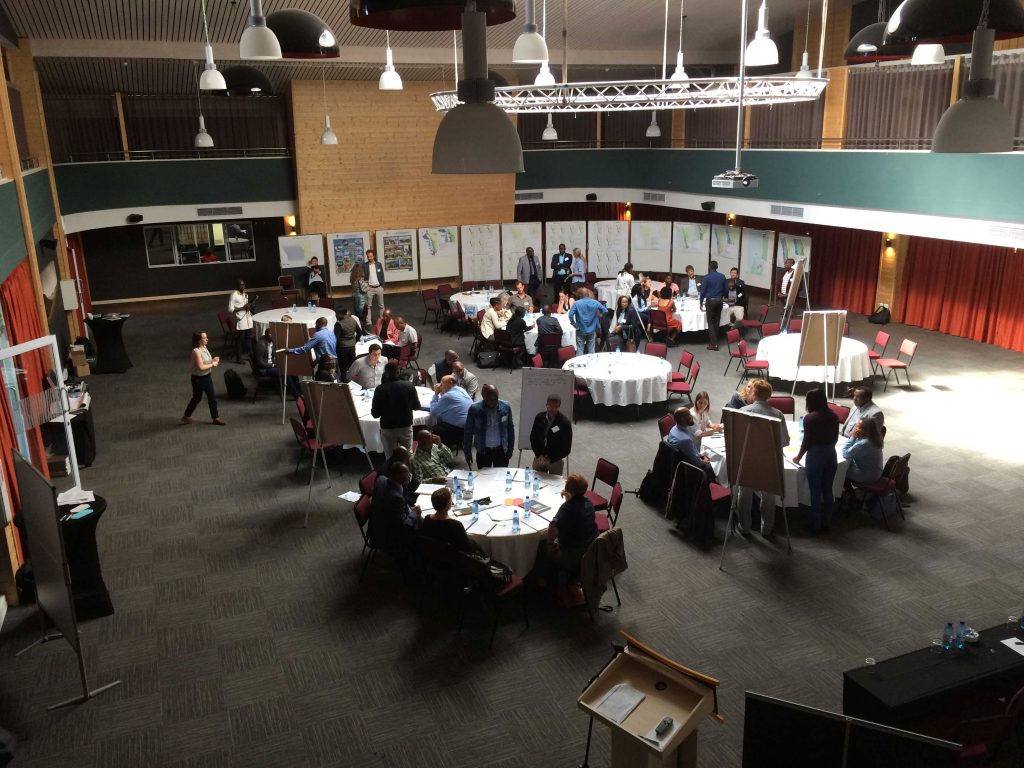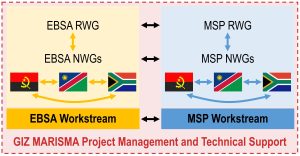Like many other countries sharing Large Marine Ecosystems (LMEs) where user-user and user-environment conflicts are growing, the three governments of Angola, Namibia and South Africa have recognised the need to introduce Marine Spatial Planning (MSP).
The aim is to use the MSP process to organise the development of the marine area by ordering multiple claims in space and time, based on the best available evidence and arrived at through political prioritisation.
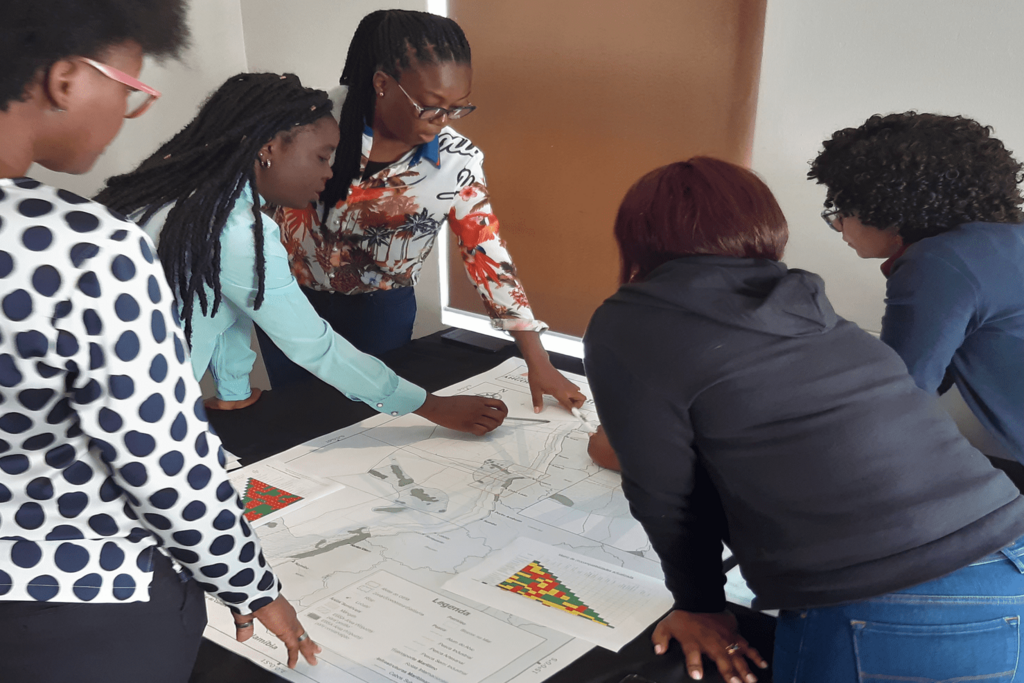
© GIZ
MSP is considered as the preferred pathway to enable an integrated approach to marine management which starts with a participatory decision-making process that guides where and when human activities occur in marine space. Much like planning on land, the principal outputs of MSP are comprehensive spatial management and development plans for marine areas of the BCLME. As such, MSP is seen as a necessary first step and an important precondition for sustainable ocean development both at the national and wider regional level.
The introduction of MSP is driven by socio-economic and ecological goals: On the one hand, MSP is promoted as a mechanism that provides the spatial foundation for the growth of sustainable blue/ocean economies. In addition to this socio-economic interest in MSP, the BCC countries also recognised the contribution MSP can make to implementing the ecosystem approach. In line with national and international biodiversity conservation targets, the BCC countries aligned their respective MSP processes with a systematic conservation planning process that focuses on the countries’ most valuable natural sites, the so-called Ecologically or Biologically Significant Marine Areas (EBSAs). Knowing where EBSAs are and how they need to be managed so that their special ecological properties can be maintained informs the MSP processes and contributes to safeguarding ocean health.
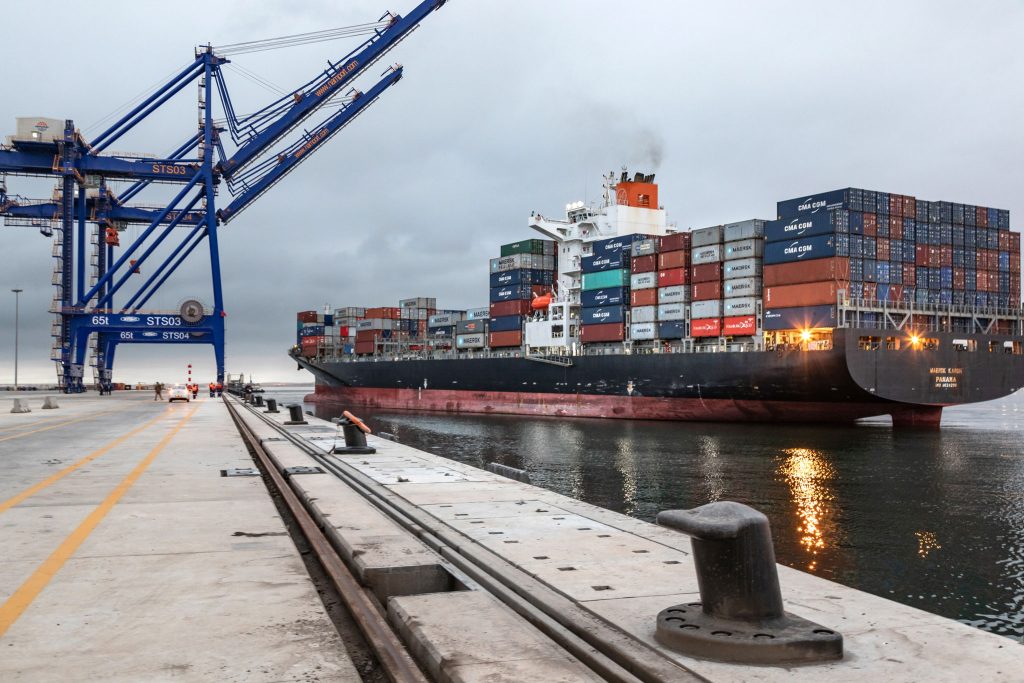
© Xenia Ivanoff-Erb
MSP in the region is therefore considered ecosystem-based in that it integrates conservation interests and socio-economic development. In that sense, MSP is used as an approach to optimise opportunities for sustainable blue growth while maintaining a healthy resource base for the future.
Serving economic, social, governance, and ecological objectives, MSP in the region clearly links conservation agendas and socio-economic development needs in the context of a sustainable blue/ocean economy. Development of capacities, institutionalisation of processes as standard operating procedures, stakeholder engagement, as well as learning and cooperation across sectors and borders are critical elements of the region’s approach to MSP.
